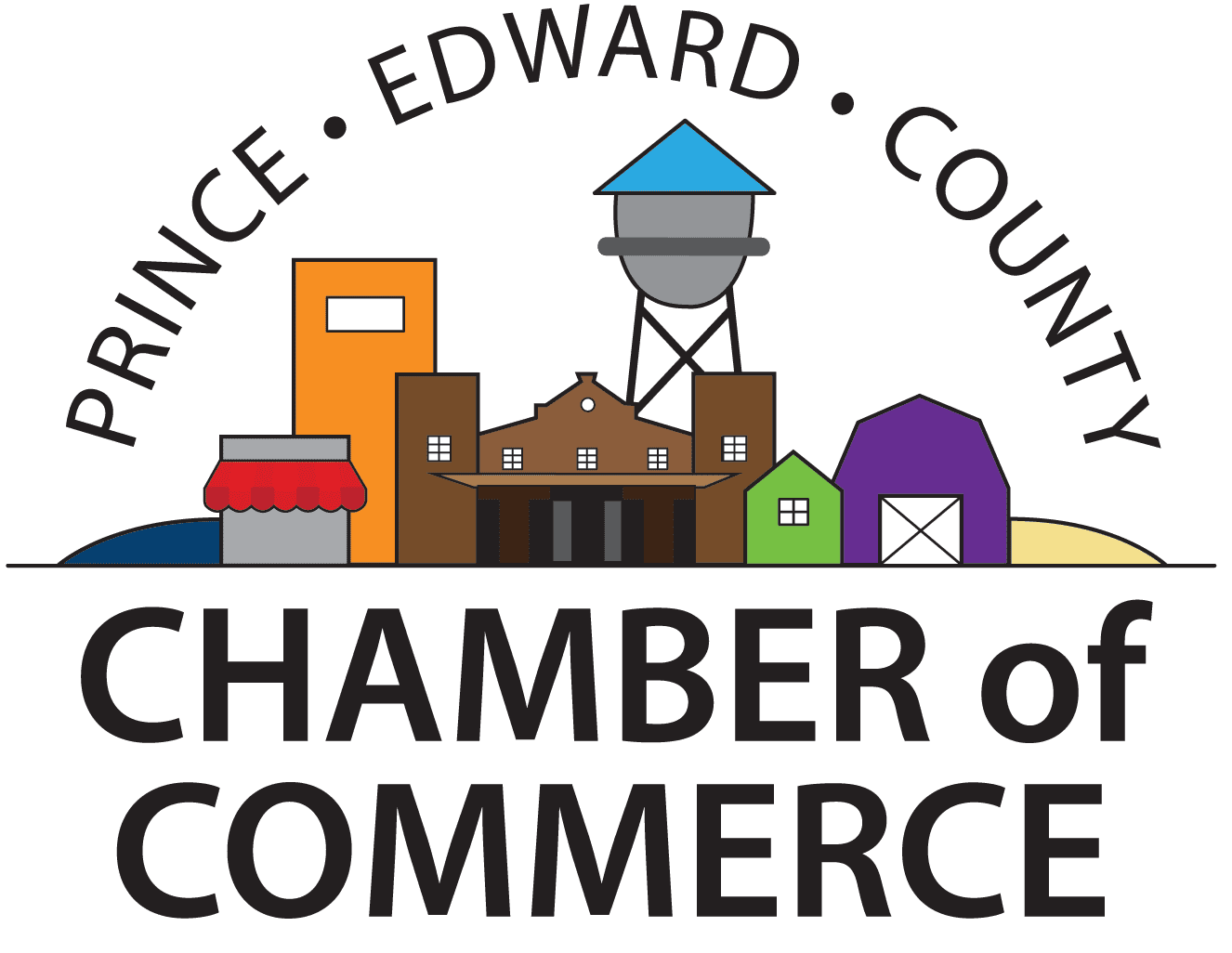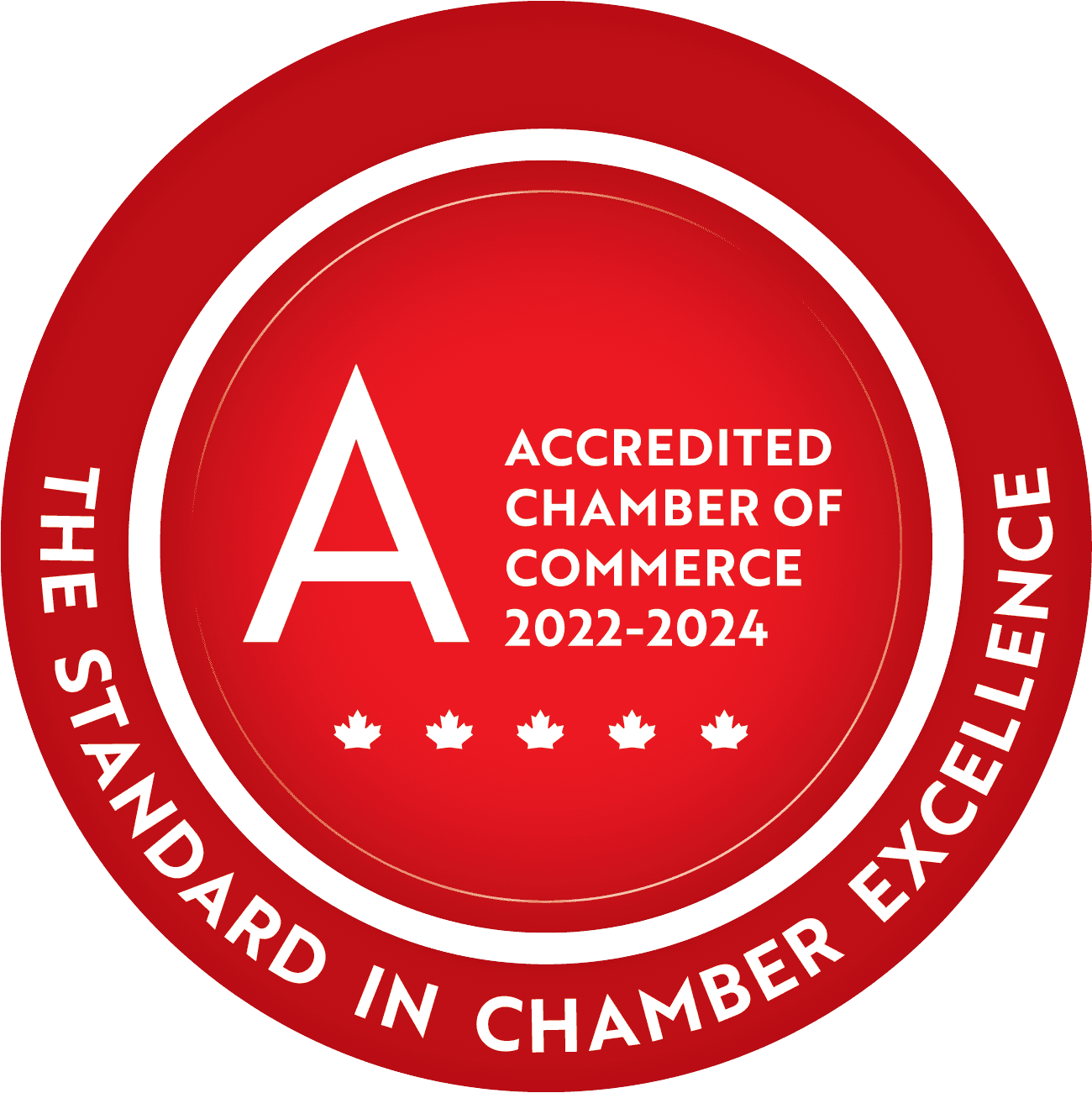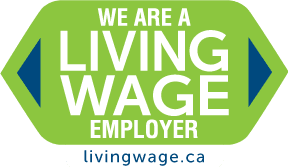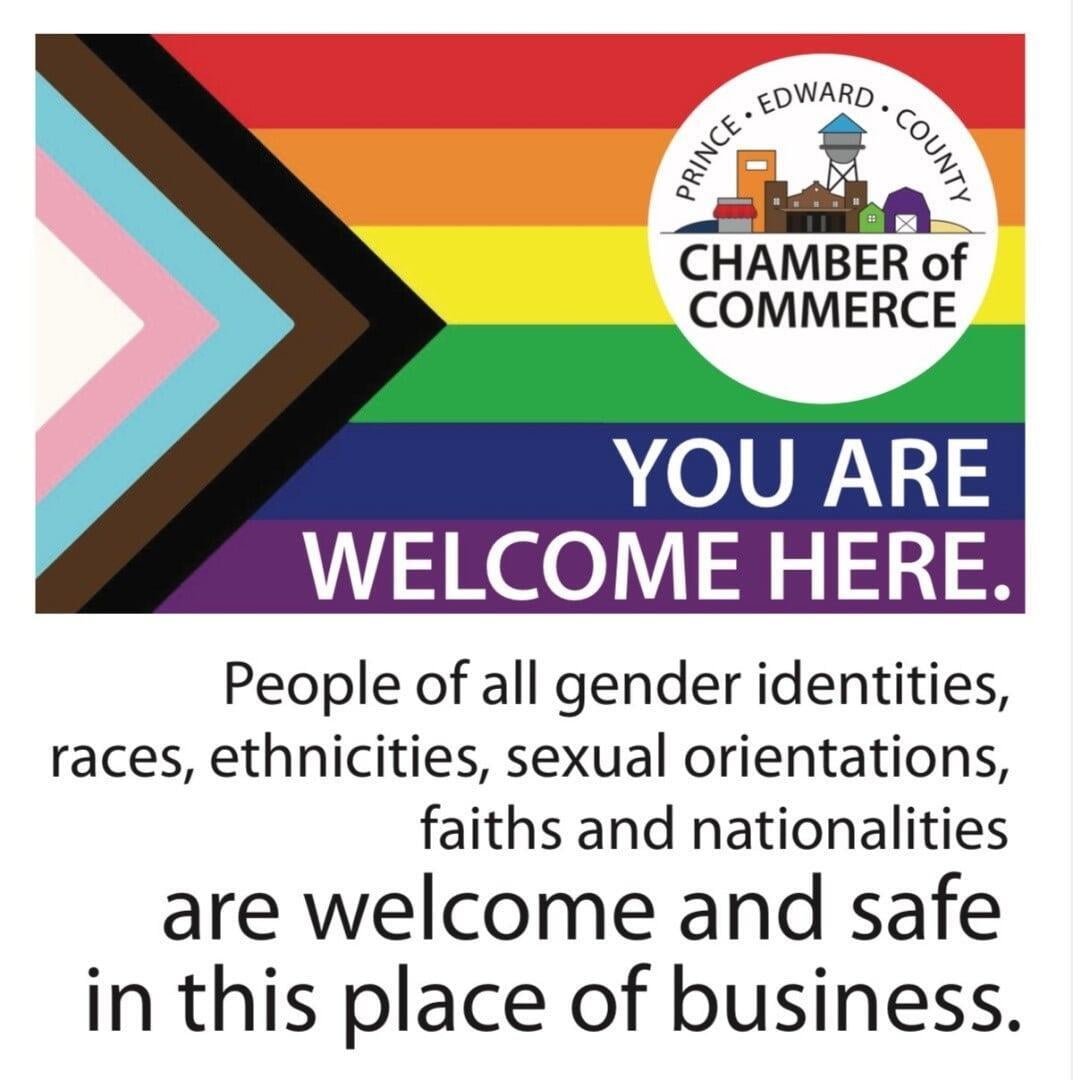September 30 marks the National Day for Truth and Reconciliation, which commemorates and honours the nearly 150,000 Indigenous children who attended residential schools in Canada, many of whom did not return home.
The designation of this day directly responds to the Truth and Reconciliation Commission’s call to action #80 which states the importance of “… a National Day for Truth and Reconciliation to honour Survivors, their families, and communities, and ensure that public commemoration of the history and legacy of residential schools remains a vital component of the reconciliation process.”
Business and Reconciliation
Business and Reconciliation
In 2015, the Truth and Reconciliation Commission of Canada presented a final report that included 94 “Calls to Action” designed to advance reconciliation between Canadians and Indigenous Peoples.
Call #92 is specifically directed at the business community:
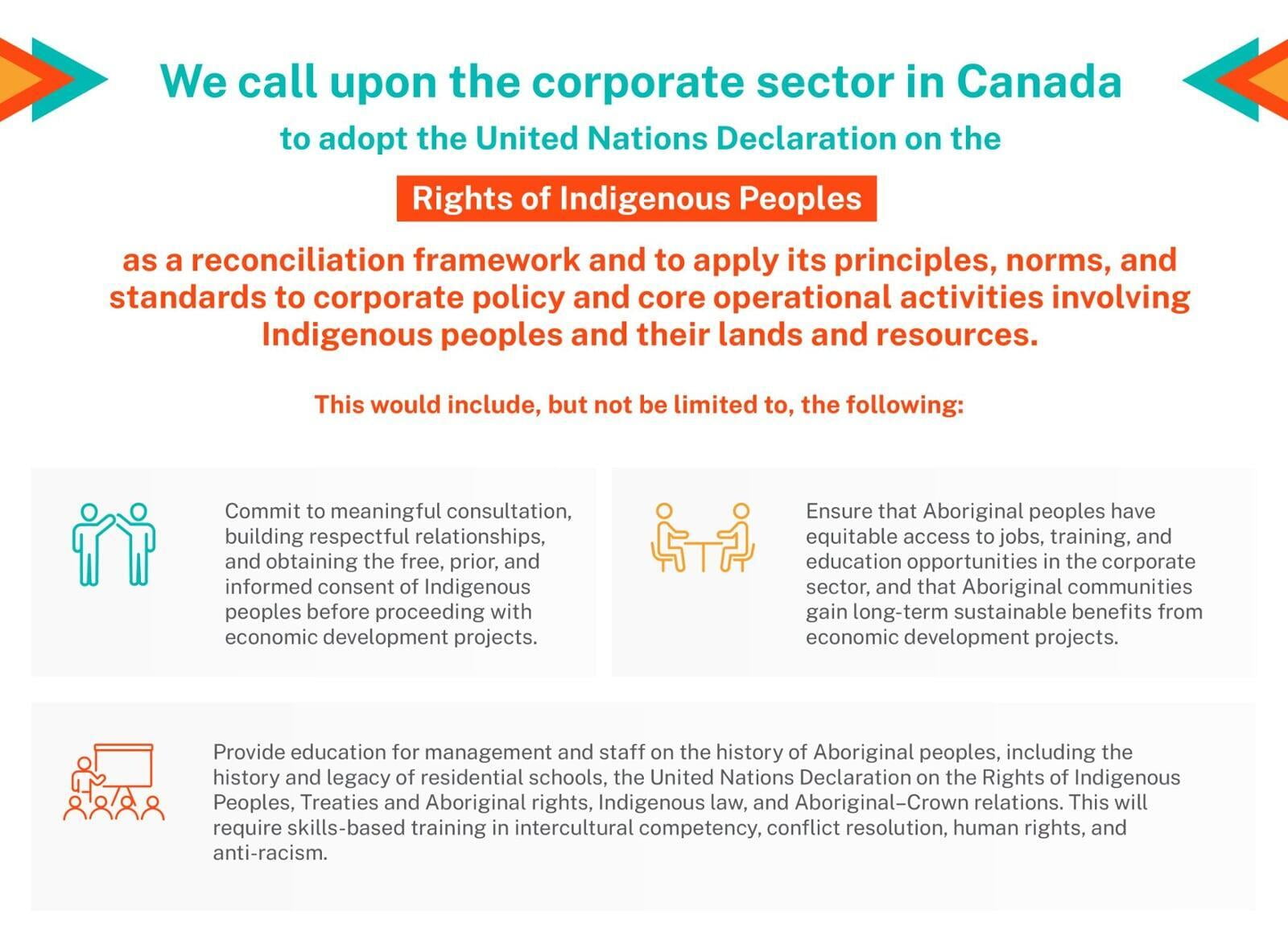
Policy Solutions
Using this framework, there are a number of government and corporate policies that can help advance economic reconciliation. Here are just a few specific examples:
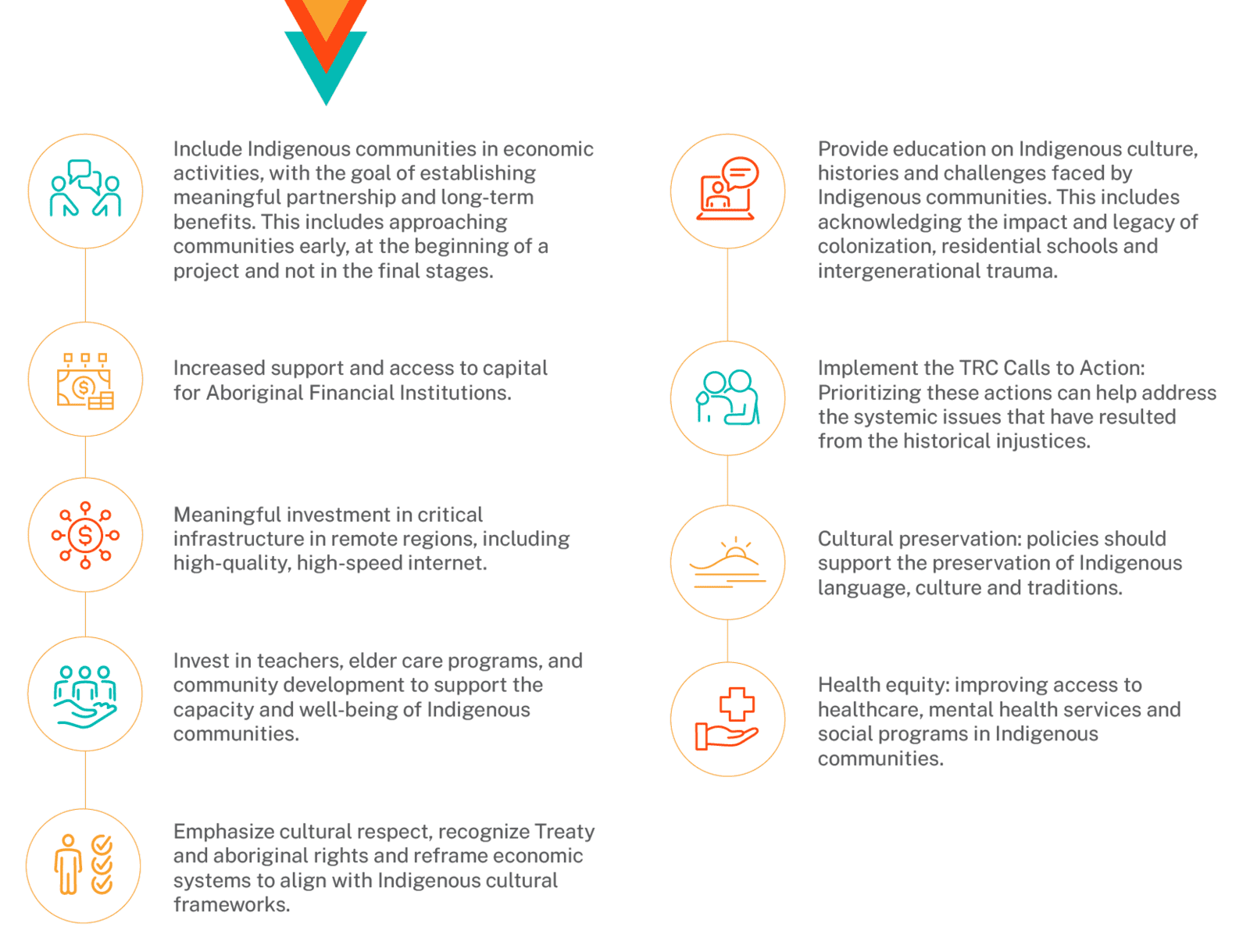
What's Next?
Indigenous reconciliation is a complex and multifaceted process that requires sustained effort from governments, institutions, and society at large. Due to its complexity, there is no one-size fits all solution. However, there are steps that the business community can take to advance Indigenous reconciliation.
For Employers?
- Provide educational initiatives to employees, such as resources and training sessions about the history of Indigenous peoples, colonization, and residential schools to foster understanding.
- Ensure that Indigenous voices are represented at all levels, and inclusive recruitment and hiring practices are in place.
What is the PEC Chambers of Commerce Doing?
- Staff have completed professional development workshops and courses through The Path: Your Journey Through Indigenous Canada (NVision Insight Group Inc.)
- We have hosted workshop sessions for members including: Elevating Your Business through Diversity Equity and Inclusion (All Welcome Here) and Understanding EDI
- We are actively participating in community events. This fosters engagement and discussions to establish long-term relationships with the Mohawks Bay of Quinte business community.
- We are working to develop partnerships with the Mohawks Bay of Quinte business community and collaborate to create networking groups that can share information and foster business growth.
- We promote resources and education opportunities for Indigenous people and businesses and share information through social media platforms with the MBQ community to help increase reach.
- As a business hub, we help foster business opportunities by highlighting Indigenous business and community success stories through the chamber network.
There are many issues that remain unresolved. The National Day for Truth and Reconciliation serves as a day to remind us that the action must continue. The TCR’s final report was delivered almost eight years ago. Our progress has been slow. But ultimately, this day can serve as a catalyst for continued policy changes to address the ongoing challenges faced by Indigenous peoples in Canada.
On September 30, the Prince Edward County Chamber of Commerce will observe the National Day for Truth and Reconciliation, a new statutory day of remembrance announced by the Government of Canada. We will be closing our office in an effort to provide time for recognition and commemoration of the history and ongoing legacy of residential schools.
Canada’s recovery cannot be complete without Indigenous reconciliation and we believe the business community has an important role to play in this. We encourage businesses to use this day to acknowledge the history of Indigenous communities in and around the Bay of Quinte region, engage in education and reflect on the journey of healing and reconciliation that we are living in.
Educational Resources
About National Indigenous Peoples Day
About National Indigenous History Month
Truth and Reconciliation Commission of Canada: Calls to Action
Resources to understand and advance reconciliation
Take time to visit the learning portal, whose resources are Indigenous created or co-created.
Support materials credit: Canadian Chamber of Commerce. For more visit chamber.ca for Policy Matters

